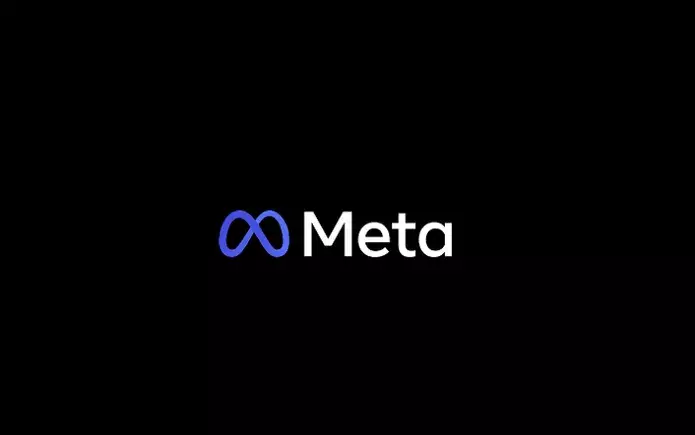Meta’s recent legal victory heralds a transformative shift in the fight against spyware and digital privacy violations. The ruling, stemming from a 2019 incident involving WhatsApp, serves as more than just a victory for Meta; it is a statement that protects personal information in an increasingly connected world. The case witnessed a breach where over 1,000 users unwittingly had their devices infected by malware through an exploit in WhatsApp’s video calling feature, raising alarm bells regarding the insecure state of personal data.
Unlike previous situations where companies were often left vulnerable without recourse, Meta’s decision to take legal action against NSO Group, the developer of the notorious Pegasus spyware, marks a proactive approach to cybersecurity. The rampant growth of spyware technology has led to numerous unauthorized access incidents, often with dire ramifications for individual privacy and security. This case not only highlights the perilous landscape of digital communication but also sets a critical precedent for holding developers accountable for their tools’ misuse.
The Espionage Mechanism of Pegasus
Pegasus spyware represents a severe intrusion into personal privacy, with the capability to capture comprehensive data from users’ mobile devices. NSO Group’s software operates stealthily, accessing emails, text messages, and location data—all while users remain completely oblivious. This invasive capability starkly illustrates the potential for abuse by malicious actors. In an era where communication through applications is ubiquitous, such vulnerabilities are intolerable.
Meta’s collaboration with the cybersecurity experts at Citizen Lab emphasizes a crucial aspect of this legal battle: the necessity of technical scrutiny and the importance of cybersecurity awareness among users. By pursuing legal action, Meta aims not only to address the misuse of Pegasus but to illuminate the broader implications of spyware technology. This case puts a spotlight on the ethical responsibilities of developers and the must-have oversight to prevent abuse.
The Implications for Software Developers
The legal ramifications of this case extend beyond just one platform or developer; they pose significant challenges to the spyware industry at large. By ruling that NSO is liable for using its software to perpetrate security breaches, the case fosters a legal framework that could hold developers accountable for end-user protection. NSO’s argument that its software can be used for legitimate purposes, such as national security and law enforcement, is now substantially weakened. Courts are beginning to recognize that the potential for misuse cannot be overlooked.
As this case progresses, it could very well prompt other companies in the spyware arena to reassess their operations. A culture of accountability may emerge, compelling developers to implement stricter control measures and ethical standards for the software they produce. In an industry often obscured by the cloak of national security necessities, this ruling could push toward greater transparency and responsibility.
The Future of User Privacy
Meta’s legal victory is a welcome leap towards fortifying user privacy, especially within social and messaging platforms. With the increasing centrality of mobile devices in our personal and professional lives, the risks associated with spyware cannot be understated. This ruling represents a legislative shift, enabling other organizations to pursue similar actions against malicious developers.
Although challenges remain in defining the boundaries of data scraping and the acceptable use of third-party data, this case amplifies the call for reform in data protection laws. Importantly, it raises the critical question of what constitutes ethical software use in an age where consumer data is among the most precious commodities.
As we glance into the future, it’s imperative for tech companies, policymakers, and users alike to unite in a concerted effort to ensure that the digital landscape is safe from manipulative practices. Meta’s victory is indeed a step forward in creating a environment where user information holds more value than mere profit margins for companies that prioritize privacy and ethical practices. As the digital world continues to evolve, this legal precedent can inspire a stronger, more protective framework for everyone involved in the technological ecosystem.


Leave a Reply